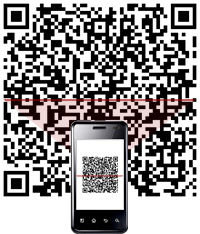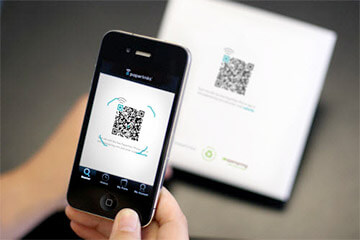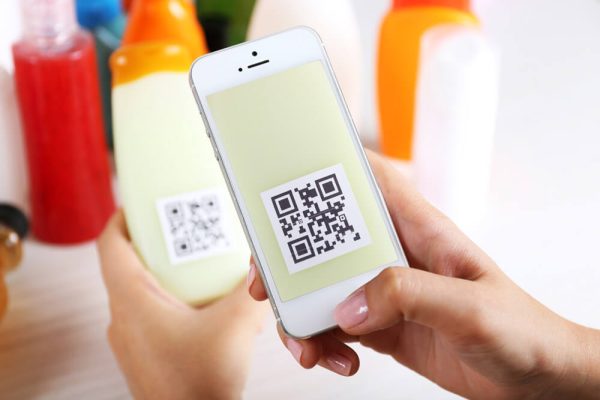Are QR Codes Becoming More Important for Consumers than Eco-Labels?
One of the biggest trends in brand marketing has been the use of eco-labels. These labels are often voluntarily added to companies’ products to showcase that their products are manufactured using sustainable methods. Consumers tend to gravitate to products with these labels because they believe the products are better for the environment in comparison to their “non-green” counterparts. But there is another label making a push to compete with eco-labels–quick response (QR) barcodes.
Making a QR Code: Sustainable Actions
In a previous blog post, we explained the massive growth of QR codes (1,200 percent in 2010), and because of that, the use of mobile technology is challenging the dominance of eco-labels. Consumers are getting more technology-savvy by the week and demanding more information from the companies they support. The amount of information a consumer can gain from scanning a QR code on a product’s label is nearly endless. And according to a Label & Narrow Web article, it could force companies, especially food producers, to be more transparent about their sustainability practices.
The article states, “… some consumers are becoming disillusioned with eco-labels because of the shortcomings of many standards and lack of transparency.” This disillusionment could be huge for products sporting eco-labels because those products aren’t exactly what they say they are. For instance, the world’s largest eco-label for consumer products is “Organic” and it represents a $60 billion industry for foods, cosmetics, textiles and more.
And while organic is the most sustainable form of agriculture, the organic certification does not account for other environmental issues like CO2 and energy footprints. The article explains this by stating, “Thus, an organic apple from Latin America can have a higher environmental impact than a locally grown conventional one,” and goes on to state, “Similarly, a fair trade coffee can give a positive social contribution to the African grower but still have an adverse effect on the environment.”
Transparency Via Smart Barcodes
The call for more transparency via smart barcodes is causing companies products containing organic and other eco-labels to consider the unmentioned environmental and social effects of sustainability. This is better for everyone involved because not only will companies hopefully start to be more transparent, but also practice better environmental and social policies.
What Is a QR Code?
A QR Code, or Quick Response Code, is a type of two-dimensional barcode that can store information both horizontally and vertically, enabling it to hold significantly more data than traditional barcodes. This advanced storage capacity makes QR Codes extremely versatile, allowing them to encode a variety of data types, such as text, URLs, or contact information. In the label business, QR Codes are invaluable for their ability to compactly convey detailed product information, track inventory, and enhance customer engagement through direct links to websites, promotions, and more. Their ease of use—scannable by smartphones—makes them an essential tool for modern product labeling and marketing strategies.
Learn More With Whitlam Group
Whitlam Group can print nearly any label for any product and this includes eco-labels and QR codes. Adding a QR code that further explains your company’s sustainability will not only create more transparency, but help you gain consumer loyalty, which is one of the most important things for successful business growth. Contact Whitlam Group today to discuss how we can help you improve your company with QR codes and eco-labels.


